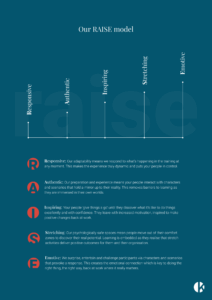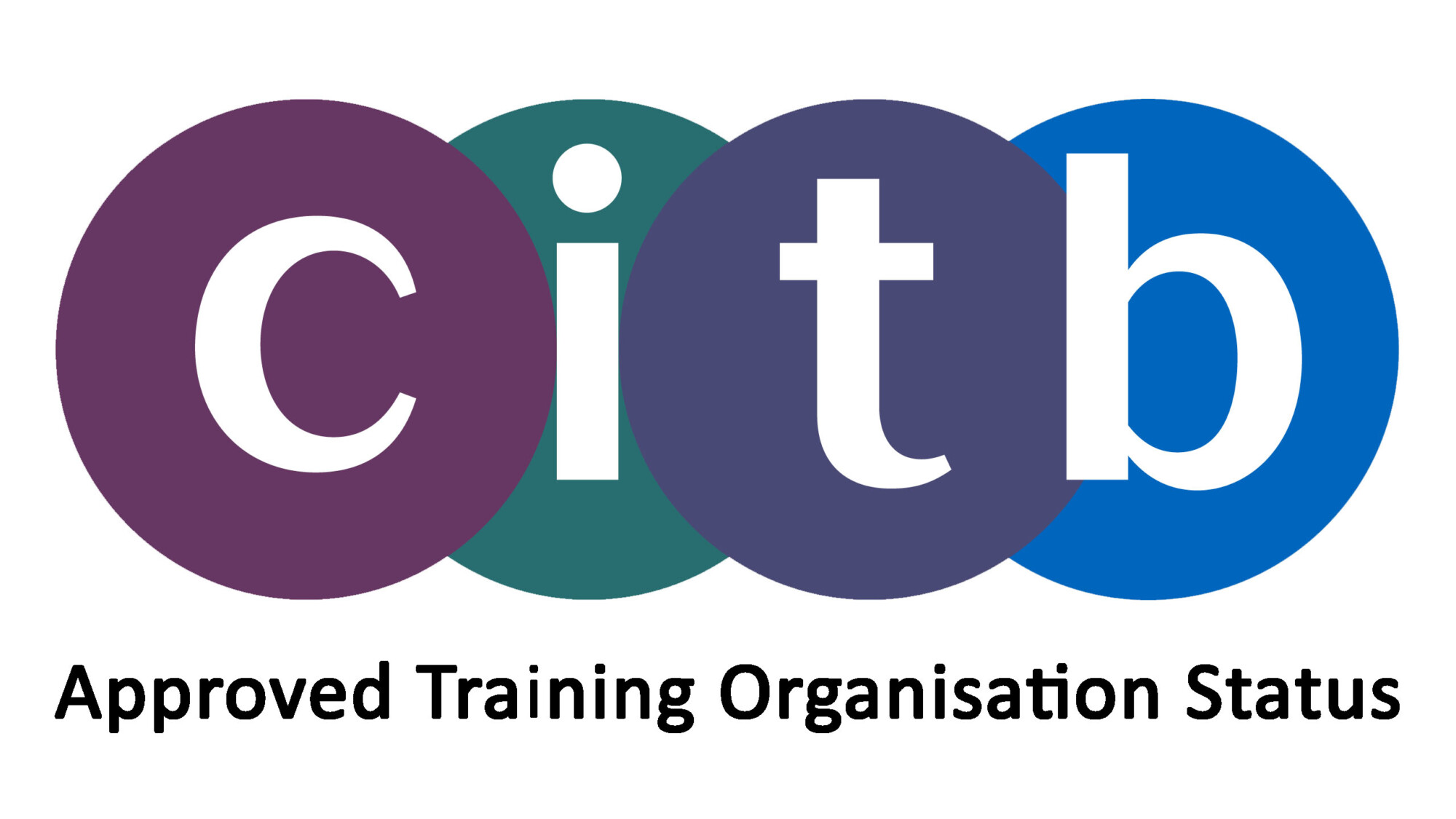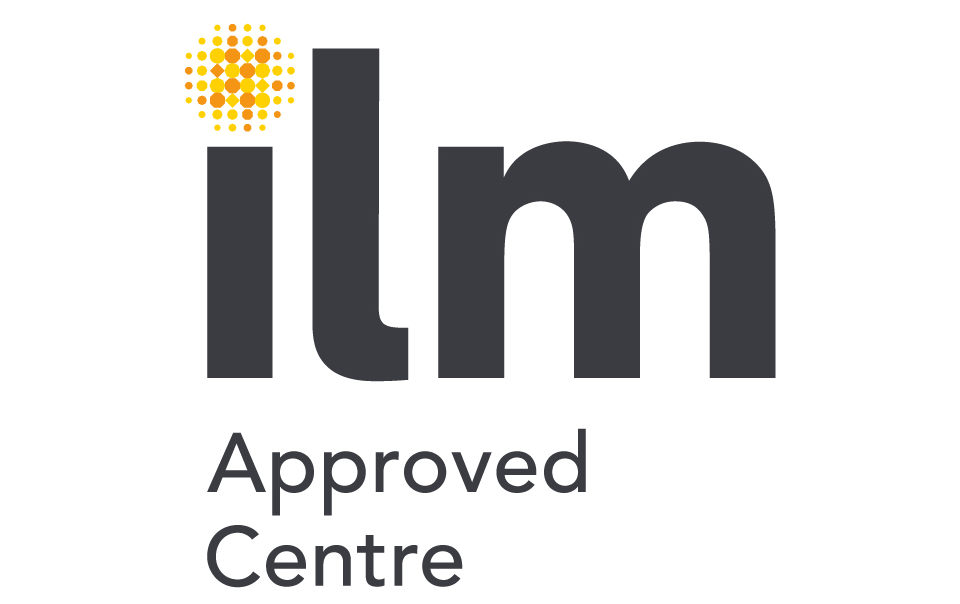Drama-Based Learning: Not Just a Gimmick
Training can sometimes feel a little dry and disconnected. Learners understand the theory but cannot see how they can put it into practice. This is where drama-based learning comes in.
Not only do learners have the opportunity to explore new techniques, but they can put them into practice in the classroom and validate the results themselves.
Drama-based learning:
Drama-based learning is a learning style that uses actors to translate learners’ ideas and anecdotes into “live” scenarios, right there in the classroom.
It encouraging participation and providing immediate cognitive feedback.
Because drama-based learning is immediate and energetic, learners intuitively join in, recognising the scenario and wanting to test their new learning to explore and understand how they can influence the outcome.
What are the benefits of drama-based learning?
Drama-based learning helps learners to overcome challenging behaviour patterns in a safe environment by offering them the opportunity to run scenarios multiple times, changing small elements each time until they achieve the desired result.
By doing so, they learn the importance of considering other people’s points of view, of following established protocols, of making small changes to their behaviour and body language and, most importantly, of acting autonomously in a manner which aligns with the organisation’s goals and standards.
How does drama-based learning work?
Unlike traditional role play exercises, drama-based learning uses learners’ real experiences to act out scenarios with which they are familiar. Learners just have to be themselves, while actors will take on the role of their co-workers, clients and suppliers. The language is familiar, and the struggles feel real.
The intent is to create an immersive experience that closely replicates the workplace, allowing learners to express themselves, challenge their thinking and overcome the difficulties they experience on a daily basis.
At Keystone, our pioneering RAISE model (Responsive, Authentic, Inspiring, Stretching, Emotive) is unique and designed to deliver sustainable change, overcoming our participants’ fear of role play and immersing them in a vision of their daily reality, where they can explore their behaviour patterns and learn how to better influence outcomes.

Keystone’s RAISE model of drama-based learning
Because the training is so authentic, learners engage fully, stretching their comfort zones and realising their potential. By tapping into learners’ emotions and providing them with the tools they need for positive change, they become more motivated. Inspiring to take those changes back to the workplace with them.
When is drama-based learning appropriate?
Drama-based learning should only be used where it will add value. We at Keystone can advise whether drama-based training would be appropriate for your individual circumstances.
In conclusion, drama-based learning encourages collaboration and critical thinking.
It is a powerful tool in your training arsenal, developing the leaders of tomorrow. Immersing them in the problems of today.

Jo Raishbrook - MInstLM
Jo Raishbrook is a Client Accounts Director at Keystone and a member of the Senior Leadership Team, where he leads client partnerships and develops programmes that deliver measurable culture and behaviour change. Drawing on a background in the performing industries and over 20 years’ experience in behavioural safety and leadership development, Jo brings creativity, realism, and deep sector understanding to every client engagement.


